Understanding Symptoms, Progression, Varieties, and Additional Insights.
Sometimes people use the words dementia and Alzheimer’s disease together, but they mean opposite things. It’s important to know the differences, signs when they happen, and types of these conditions for early diagnosis and good treatment.
Dementia is not a disease. For a mental illness to be considered a disease, it must affect at least two brain functions.
This type of disease may affect:
- memory
- thinking
- language
- judgment
- behavior
Mental damage may range from mild to severe. It may also cause personality changes.
What is dementia?

This disease is a general term for a mental decline severe enough to interfere with daily life. It isn’t a specific disease but rather a group of symptoms that include memory loss, impaired thinking and reasoning, and changes in mood or behavior.
Causes of Dementia

This disease is a condition that severely damages or kills brain neurons. A variety of diseases and conditions can cause it. Some of these conditions include Alzheimer’s disease, Parkinson’s disease, and stroke.
- Neurodegenerative Diseases: The most common cause is Alzheimer’s disease, which causes 60–80% of this type of disease. Other neurodegenerative diseases that cause dementia include Parkinson’s disease, Huntington’s disease, and frontotemporal dementia.
- Vascular dementia: Vascular dementia is a result of conditions that impede or restrict blood flow to the brain, like a stroke.
- Alcohol dementia: Long-term alcohol consumption can cause this type of disease due to a lack of thiamine (vitamin B1) in the body.”
- Body dementia: Body dementia encompasses various types of dementia, including dementia with Lewy bodies, where abnormal protein deposits (known as Lewy bodies) are found throughout the brain.
- Infections and Immune Disorders: infections such as HIV, syphilis, and prion diseases. (The immune system attacking the body can also lead to lupus.).
Types of Dementia
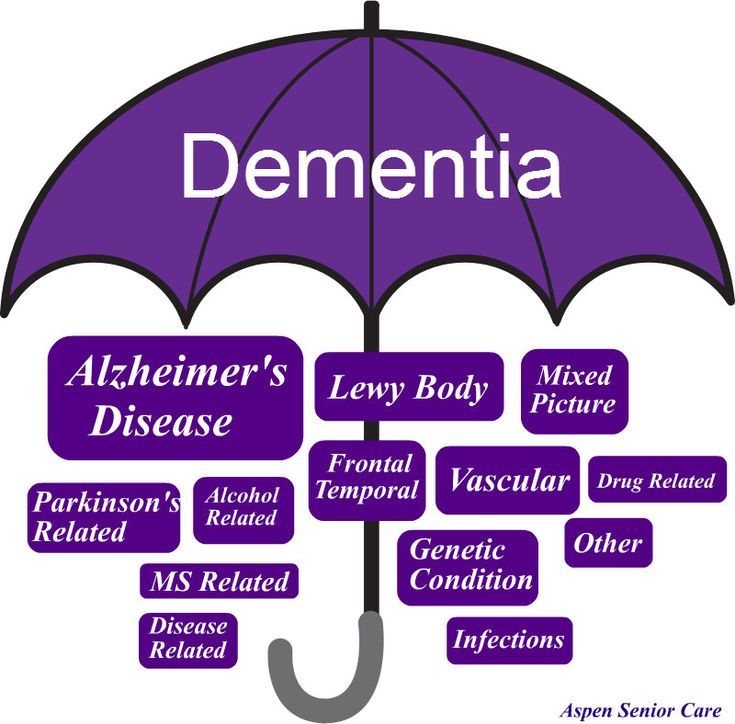
Many types of this disease have unique characteristics.
Alzheimer’s disease: Alzheimer’s disease is the most prevalent form of dementia, accounting for 60–80 percent of cases. Symptoms include
- memory loss
- confusion
- thinking
- decision-making difficulties
Symptoms: Being a modern disease, the impact of Alzheimer’s gets better as time passes
Vascular Dementia: The second most common type, vascular dementia, results from reduced blood flow to the mind, frequently because of a stroke or a place of small play
Symptoms can include issues with
- making plans
- judgment
- memory
These symptoms appear following a stroke.
Lewy bodies are a form of dementia that occurs due to the presence of abnormal brain proteins known as Lewy bodies.
It is known for causing clear visual hallucinations, fluctuating levels of alertness, and more symptoms similar to Parkinson’s disease.
Frontotemporal dementia affects the frontal and mortal lobes of the brain, areas responsible for personality, behavior, and language.
As a result, individuals with frontotemporal dementia may exhibit dramatic changes in behavior, become socially inappropriate, or experience difficulties with speech and language.
Mixed Dementia: Some individuals may have a combination of two or more types of this disease, such as Alzheimer’s disease and vascular dementia. This condition can be difficult to diagnose and treat because its symptoms can be similar to those of other conditions.
What Age Does Dementia Start?
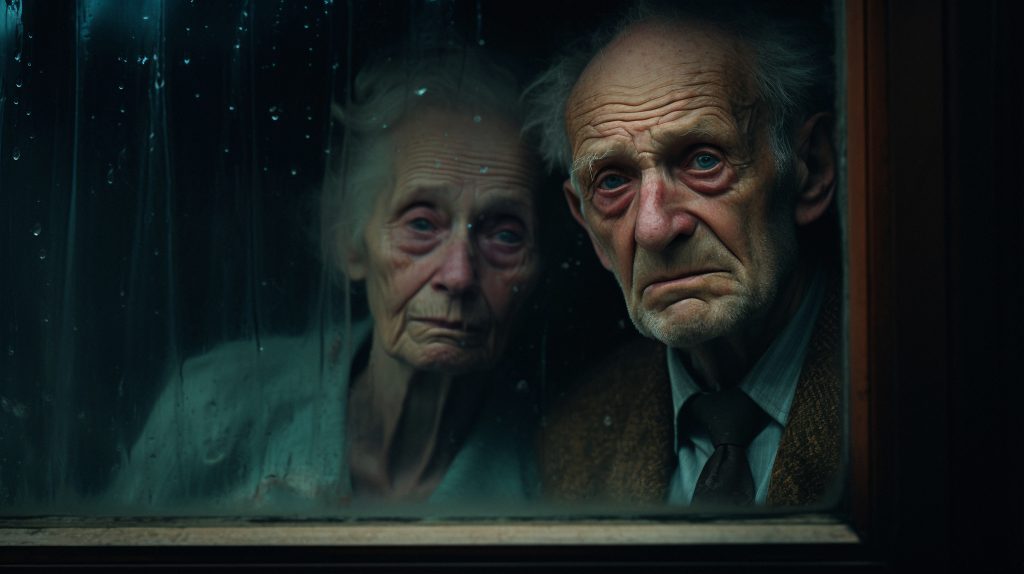
This disease is more common among older adults, with the risk increasing significantly after age 65. But it’s important to understand that this disease is not part of the aging process. Not everyone gets this disease as they get older.
Early-onset dementia, affecting people under 65, is rarer but still important to recognize. It can appear as early as the 30s or 40s, though it’s most often diagnosed in those in their 50s or early 60s.
The likelihood of developing dementia doubles every five years after turning 65. By age 85, nearly 50% of people face a risk of developing this disease. Still, this disease isn’t just a concern for the elderly; it can happen at any age.
How Dementia Affects a Person
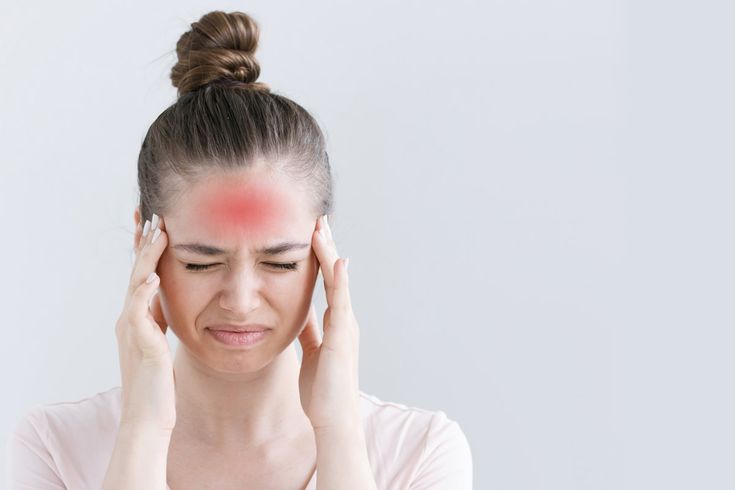
Dementia impacts every part of a person’s life, from how they communicate and handle daily tasks to their emotional and mental health. The effects vary depending on the type of dementia and its stage.
In the early stages, a person might have mild memory issues, trouble with planning or problem-solving, and slight personality changes.
As the disease progresses, these symptoms become more severe, making everyday activities like dressing, bathing, or eating more difficult.
In the later stage, a person may also lose the ability to communicate, recognize loved ones, or care for themselves. At this point, they might become ill and need more care.
What is Alzheimer’s disease?
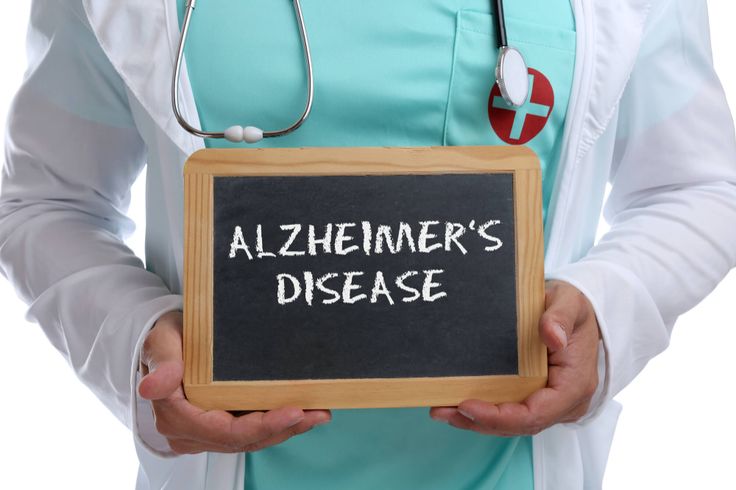
The most common type of this disease is Alzheimer’s disease. It’s a modern neurological disorder that causes brain cells to fast, leading to memory loss and psychological feature decrease.
Symptoms of Alzheimer’s
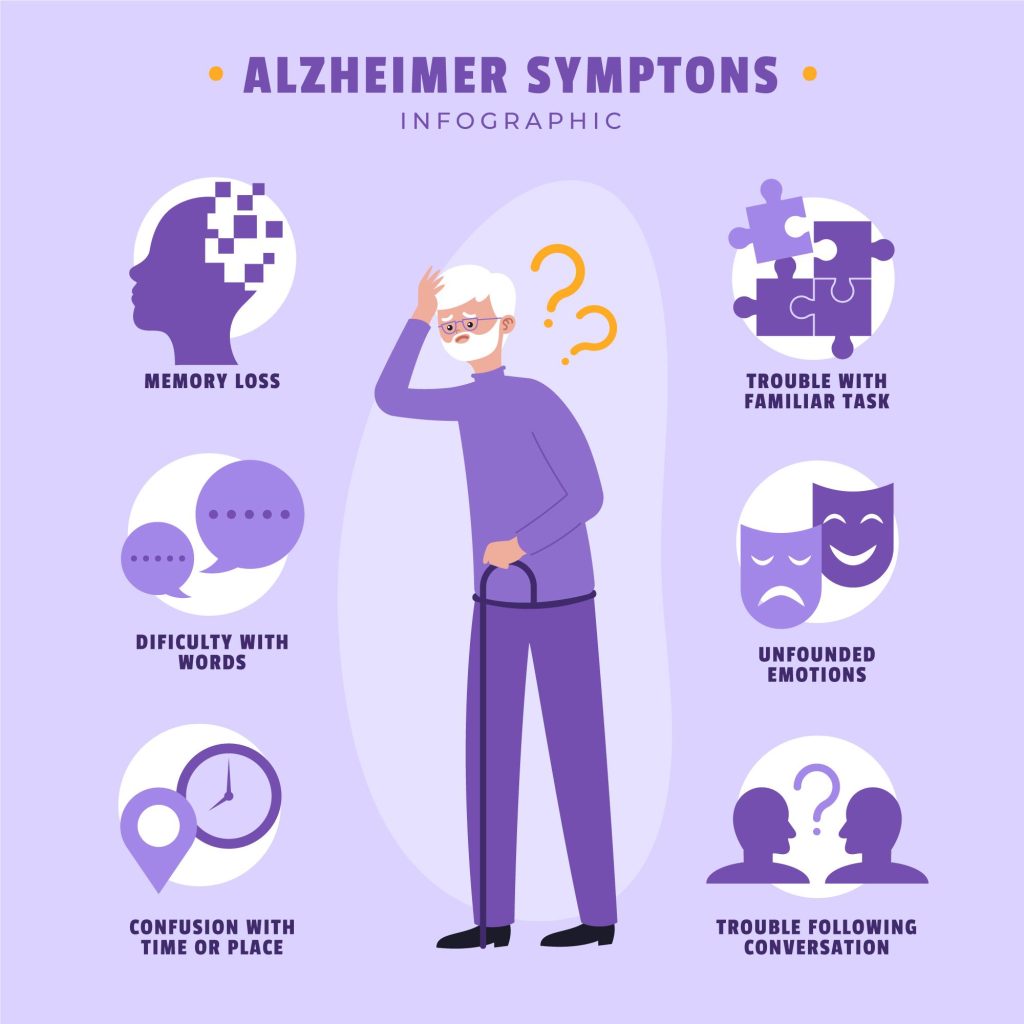
Symptoms usually start slowly and get worse over time. We can think of it as happening in three main parts: the early phase, where it’s mild, the middle part, where it’s moderate, and the late stage, which is severe.
Early Stage:
At the early stage of Alzheimer’s, people might have a bit of a memory slip-up, like not remembering what someone just told them or losing track of their stuff.
They could also struggle with doing more complex things, like handling money or planning a vacation. Even though they can still take care of themselves, they’ll probably start to feel like the stuff that used to be a breeze is getting harder for them to do.
Middle Stage:
As the disease moves along to the middle part, things get a bit more obvious, symptom-wise. People’s memory gets bad; they might not even know their family or close friends anymore.
They can get confused about when and where they are, and talking might challenge them. They might start getting grumpy or down a lot more too. At this point, they’ll probably need a hand with their daily routines, like getting dressed or taking a bath.
Late Stage:
Late Stages of Alzheimer’s Disease, With Big Memory Loss. People may have difficulty speaking, understanding their environment, or taking care of themselves as a result of the illness’s brain damage.
They may want full-time help with daily activities and self-care. Physical abilities, together with taking walks and swallowing, are also reduced, raising the threat of pneumonia and other illnesses.
Stages of Alzheimer’s

Alzheimer’s disease usually progresses in three stages:
- first
- mild
- Finally severe
These stages match the dementia stages but are specifically linked to Alzheimer’s disease progression.
Early Stage (Mild)
In the early stage of dementia, signs are not strong and people usually don’t see them. Sometimes people forget things a little or have trouble finding the right word.
At this point, Alzheimer’s disease is usually found because the signs are stronger than in other types of memory loss
Middle Stage (Moderate)
The middle stage is characterized by better symptoms, including more important memory loss, confusion, and difficulty performing daily activities.
People who suffer from this disease may need help with daily tasks and experience personality changes, such as increased aggression or feeling.
Late Stage (Severe)
Symptoms in this stage are similar to the above-mentioned disease but more obvious as symptoms of memory loss and confusion increase.
Difficulty with daily tasks Feeling Restlessness illusion Sleeping , behavior problems .People may require greater help with personal care, and their behavior can change, sometimes becoming more aggressive or apathetic.
Can a Person Have Both Alzheimer’s and Dementia?

Yes, a person can have Alzheimer’s and dementia because Alzheimer’s is a type of dementia. When we say someone has both, we are acknowledging that Alzheimer’s disease is the cause of this type of disease.
It’s important to understand that not all dementia causes are due to Alzheimer’s. Different conditions, such as
- vascular dementia
- Lewy-body dementia,
These conditions can also cause these diseases.
What is the Difference Between Dementia and Alzheimer’s?
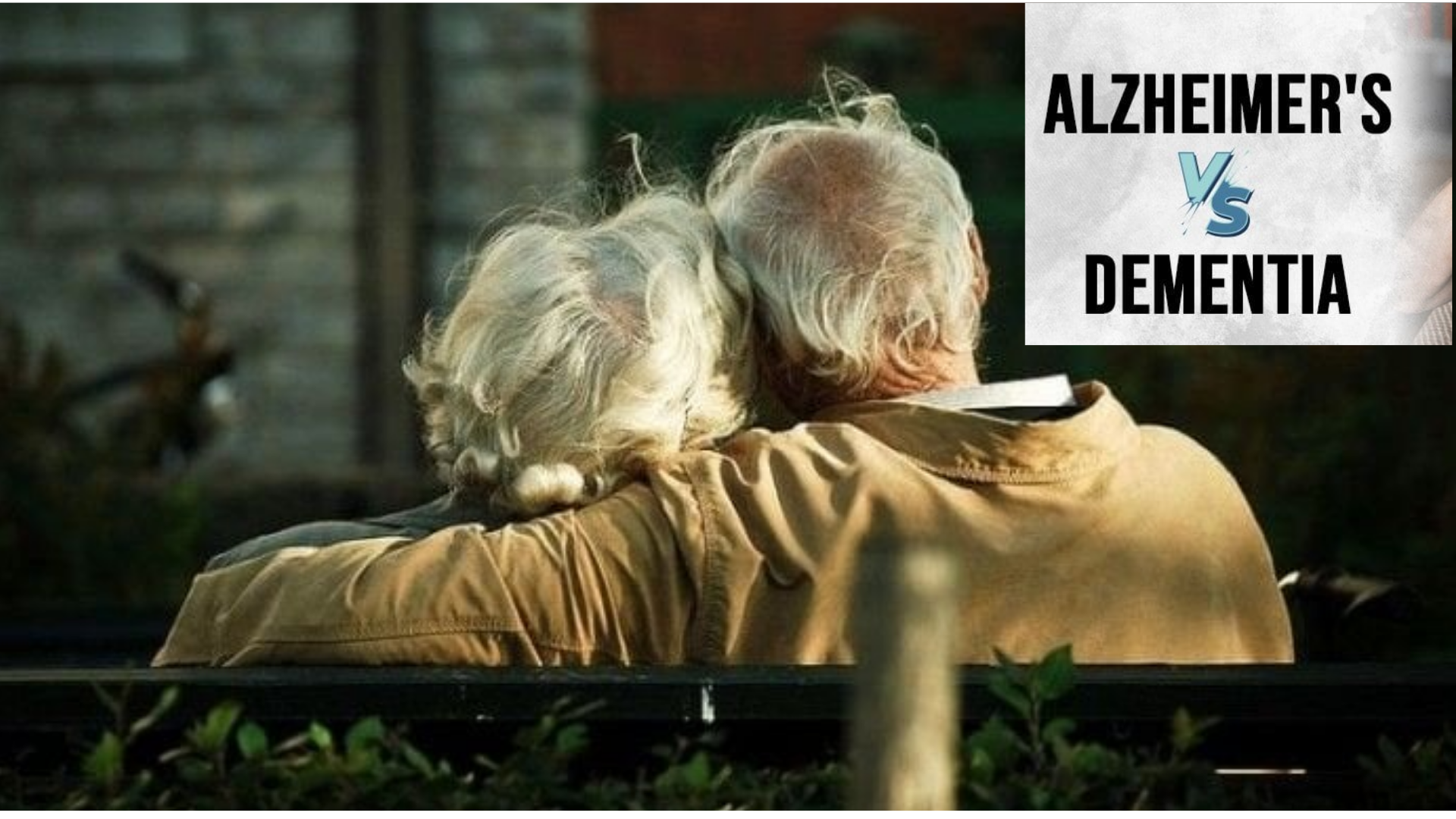
The key difference between dementia and Alzheimer’s lies in their definitions. This disease is a general term that describes symptoms affecting memory, thinking, and social abilities severely enough to interfere with daily life.
It is not a specific disease but a syndrome caused by various diseases and conditions. You can read this article for more information Unraveling the Mystery of Angelman Syndrome: A Closer Look at the Rare Genetic Disorder .
Alzheimer’s disease, on the other hand, is a specific brain disease that is the most common cause. Although all people with Alzheimer’s disease have dementia, not all people with this disease have Alzheimer’s disease.
How do you treat dementia early?

Early treatment of this disease focuses on managing symptoms and slowing the progression of the disease. even though there is no treatment, the following strategies can be useful:
Medication
Medication like cholinesterase inhibitors (e.g., donepezil) and memantine can help manage symptoms by improving neurotransmitter function in the brain. These medications are most effective in the early to middle stages.
Lifestyle Changes
A healthy lifestyle can significantly impact the progression of dementia. A diet rich in fruits, vegetables, whole grains, and lean proteins can support brain health. Regular physical activity, mental stimulation, and social engagement are crucial.
A blood test for Dementia
Recent advancements in medical research have led to the development of blood tests that can detect biomarkers associated with Alzheimer’s disease and other forms of dementia. These tests can aid in early diagnosis and help monitor disease progression.
Cognitive Therapy
As dementia progresses, the cognitive decline becomes more pronounced, leading to significant challenges in daily life. Individuals may struggle to remember recent events, make decisions, or follow directions. They may also find it difficult to recognize familiar people or places, leading to confusion and disorientation.
In the early stages of dementia, these changes may be subtle, and individuals may still be able to function relatively independently. However, as the disease progresses, they may require increasing support from family members or professionals.
Can You Die from Dementia?
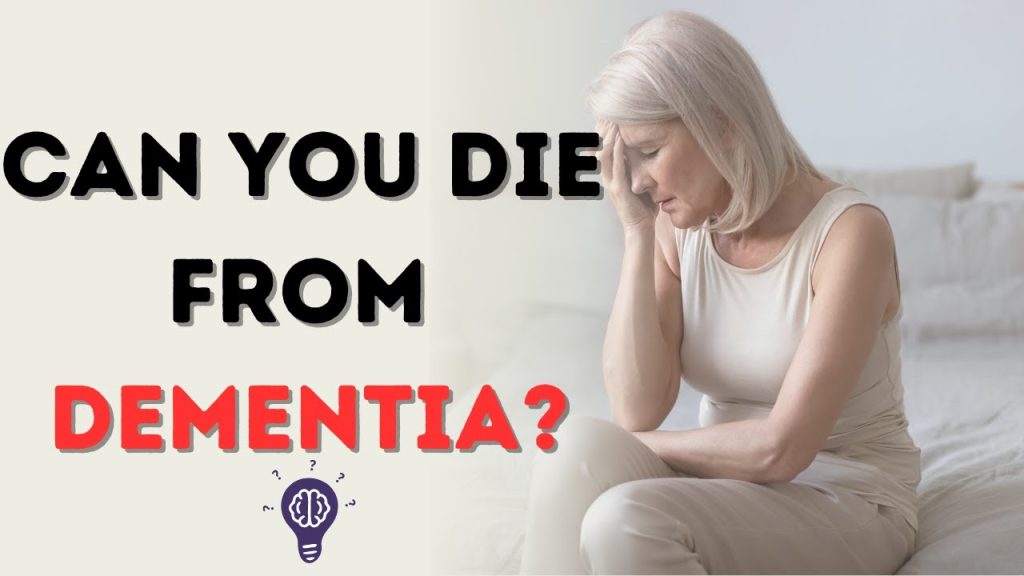
This disease itself isn’t normally the direct reason for a loss of life. However, as the disease progresses, it can lead to severe complications such as infections (e.g., pneumonia), malnutrition, and injuries from falls. These complications can be life-threatening, making them a leading cause of death among the elderly.
The behavior of a Person with this disease

Behavioral changes are a common and difficult part of this disease. As the disease progresses, people with these diseases may show various behaviors that can be difficult to manage.
- Memory loss: forgetting recent events, conversations, and names.
- Confusion: difficulty understanding time, place, and people.
- Mood Swings: Rapid mood changes, often without apparent reason. .
- Aggression: Individuals with dementia may become more irritable or aggressive, particularly if they feel frustrated or confused. This can manifest as verbal outbursts, physical aggression, or restlessness.
- Wandering: moving around aimlessly, sometimes trying to “go home.”
- Apathy: Some people with this disease may become apathetic, losing interest in activities they once enjoyed. They’ll also withdraw from social interactions and become more isolated.
Dementia Diet and Lifestyle
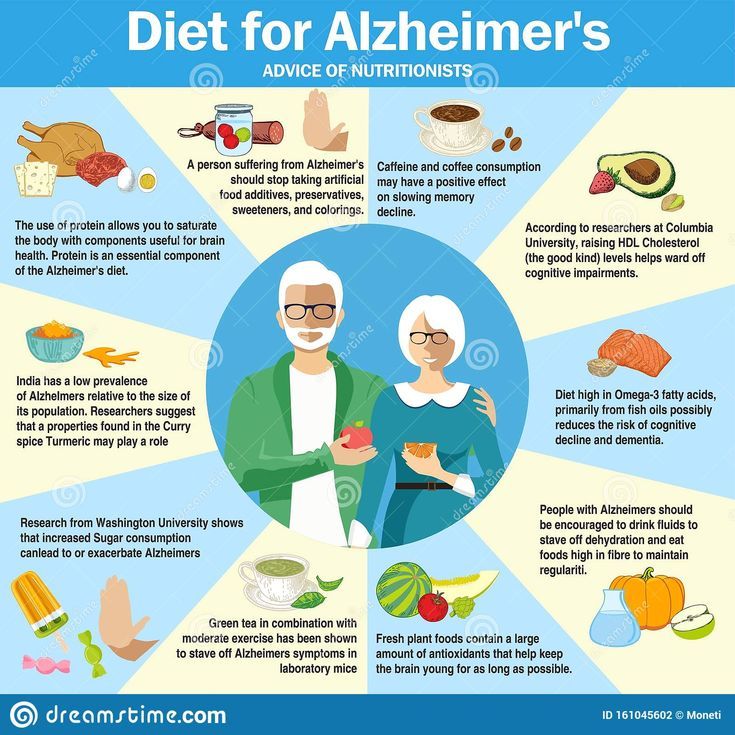
Maintaining a healthy diet and lifestyle is essential to managing this disease. A balanced diet can help brain function and slow psychological decline Contain foods,
- rich in antioxidants
- omega-3 fatty acids,
- vitamins B and E
Regular physical activity, mental exercises, and social interactions are equally important. These activities stimulate the brain, improve mood, and enhance overall well-being.
Promising Research and Future Outlook
Ongoing research is crucial for advancing treatments and preventative strategies. Researchers are exploring new medications, gene therapies, and preventative measures
Medications and Therapies
New medications and therapies are being examined to target the underlying causes. Clinical trials are exploring the potential of gene therapy and stem cell therapy.
Preventative Strategies
Preventative strategies, including lifestyle interventions and early detection, are being studied to reduce dementia risk and improve cognitive function.
Conclusion
Dementia and Alzheimer’s disease are complex conditions that significantly impact many people and their families. Understanding the symptoms, stages, types, and treatment options is crucial for managing these diseases effectively.
While there is no medication, early diagnosis and a proactive approach to treatment can improve the quality of life for those affected. Remember, a healthy lifestyle, early intervention, and strong support networks are key in the fight against these diseases.


Very useful information
Like wise